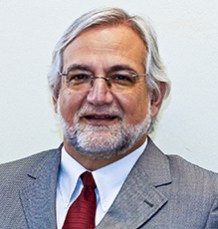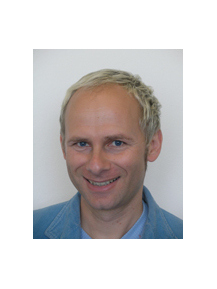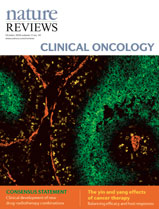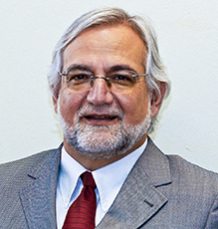
A diabetes researcher with eight retractions — despite his attempts to block some in court — has received a new batch of research funding.
According to a release from public funding agency Fundacao de Amparo a Pesquisa do Estado de Sao Paulo (FAPESP), Mario Saad is among 33 researchers who will receive funding from partnerships between federal and state agencies, including FAPESP.
It’s unclear how much Saad’s project will individually receive, but the total for all projects exceeds 640 million Brazilian Real, equivalent to $185 million USD.
Saad’s name should be familiar to our readers.
Continue reading New funding for researcher who sued to stop retractions (and now has 8)



 Nature Communications has issued an expression of concern for a 2014 paper by beleaguered surgeon
Nature Communications has issued an expression of concern for a 2014 paper by beleaguered surgeon 

